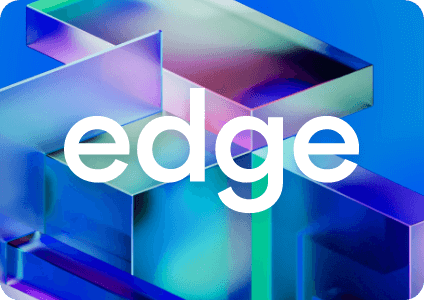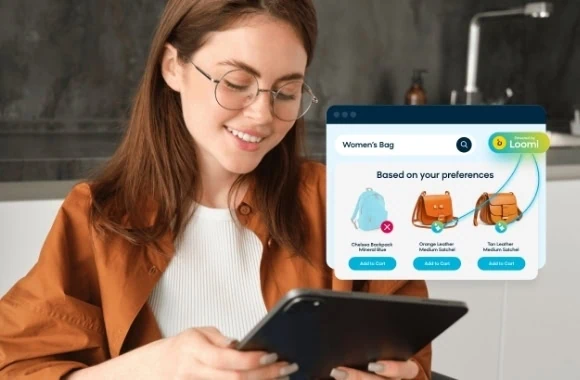Product recommendations are a critical use case for modern digital commerce companies. Recommendation systems play a significant role in suggesting personalized products to customers, resulting in increased sales and customer satisfaction.
Collaborative filtering has been a popular technique in ecommerce product recommendations for many years, with the traditional approach involving matrix factorization. However, as the limitations of this more traditional approach have surfaced, more advanced techniques such as neural networks have been utilized.
Neural networks are a powerful tool from the world of artificial intelligence (AI). They use interconnected nodes, or neurons, in a layered structure inspired by the human brain to teach computers how to process and interpret data. This type of machine learning, known as deep learning, allows computer systems to adapt and improve over time by learning from their mistakes. By leveraging this technology, AI-powered neural networks can solve complex problems that traditional computing would struggle with.
When testing a Two-Tower Neural Network instead of the Alternating Last Square (ALS) matrix factorization algorithm, we saw significant improvement with personalized product recommendations in the recall@10 offline metric. Specifically, we tested this on six customers and saw 147%, 23%, 27%, 25%, 25%, and 90% improvement on each respective customer for an average of just over 56% improvement per customer.
The Two-Tower Neural Network is a deep learning algorithm that consists of two parts, where one part serves to represent the user and the other the item, and the parts are connected at the end to create the final prediction.
Similarly, ALS is a matrix factorization algorithm that computes low-rank approximations of the user item interaction matrix. The primary limitation of ALS is that it does not account for user and item features, which are essential for personalized recommendations. It also suffers from the cold start problem, where new items or users have insufficient data to generate recommendations.
The Two-Tower Neural Network can incorporate user and item features, including textual descriptions, images, and reviews. This allows for more personalized and accurate recommendations, even for new users and items.
The improvement in product recommendations by implementing Two-Tower Neural Networks could be significant, as it can lead to increased customer satisfaction and higher sales for ecommerce businesses. The accuracy of recommendations also helps in building trust with customers, resulting in increased loyalty and repeat business.
Evolving Recommendations With Sequential TTNN
With more recent advancements, we’re already seeing some exponential improvement in personalized recommendations with Sequential Two-Tower Neural Networks. These sequential models can learn high-order dependencies across a sequence of interactions, meaning they can follow a customer’s “breadcrumbs” and deliver the next best recommendation based on that series of actions.
The culmination of these advancements is Recommendations+, a smarter recommendation engine that can improve product click-through rates by 9% or more. With Sequential Two-Tower Neural Networks powering Recommendations+, marketers can personalize in real time across all their channels, launch quickly with a no-code visual editor, and drive greater results.
Get more out of Bloomreach Engagement with the power of Two-Tower Neural Networks. Check out Recommendations+ and deliver more personalized experiences today.













